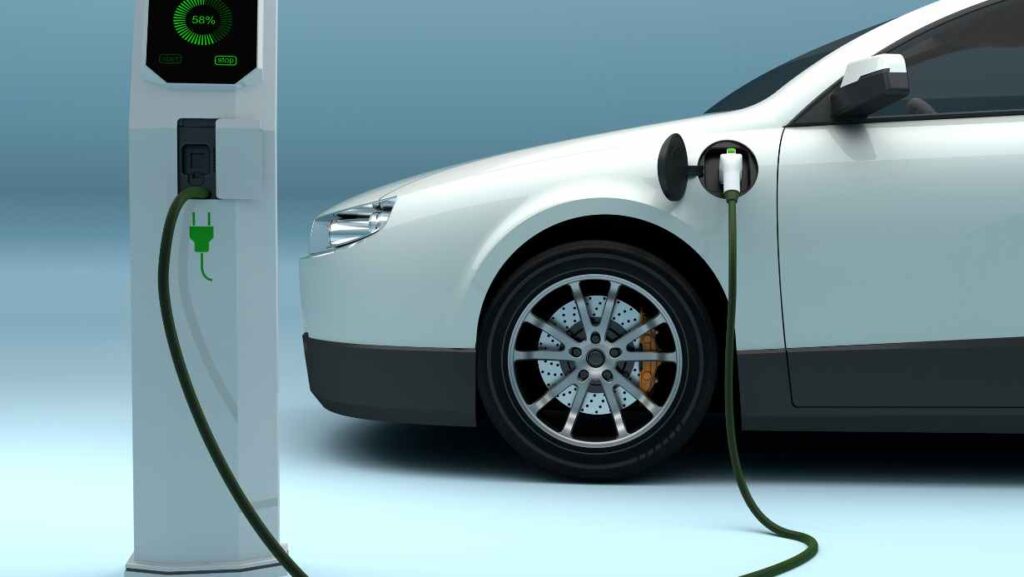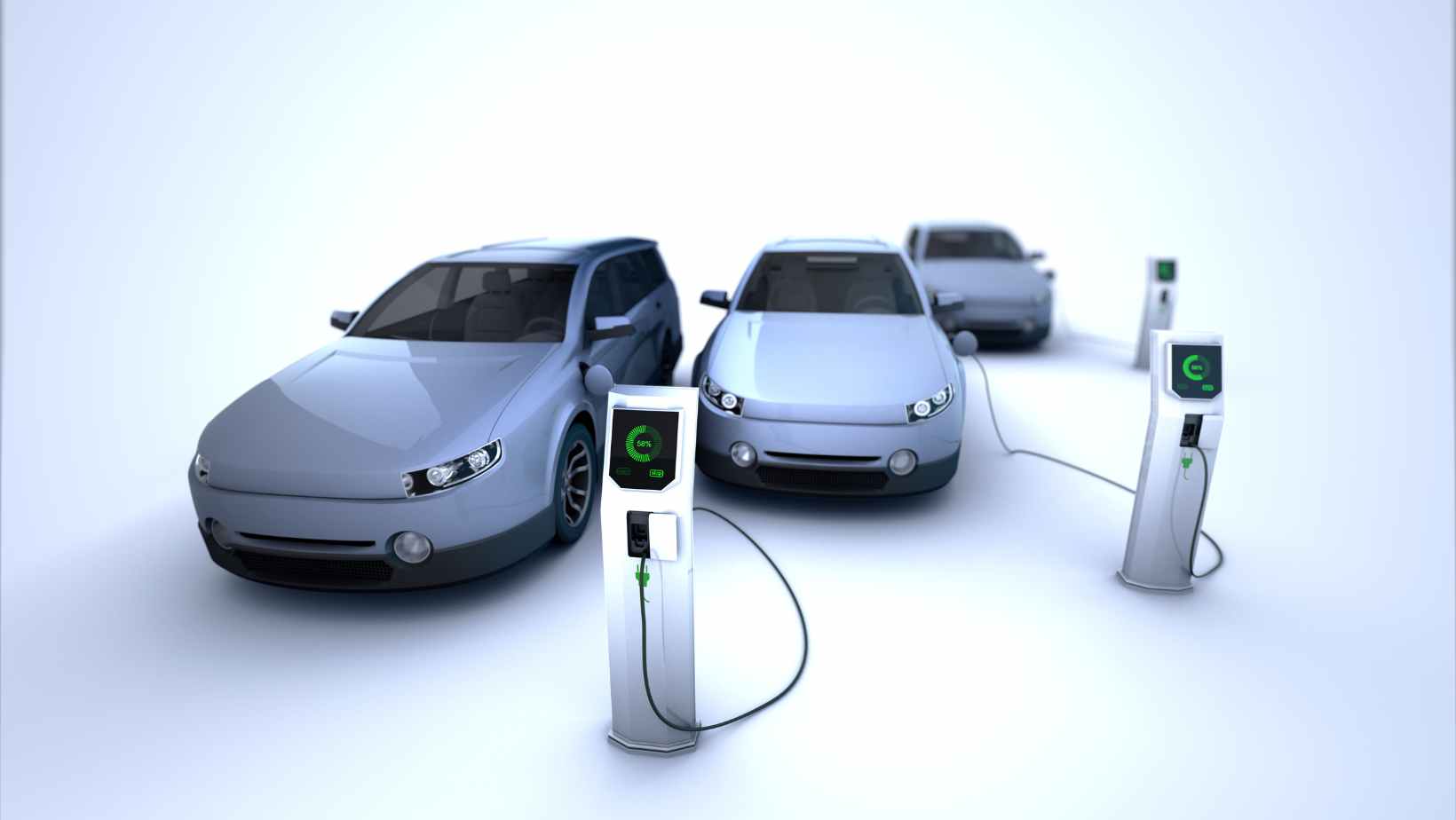Electric Cars
Electric cars have been gaining significant attention in recent years as a greener and more sustainable alternative to traditional gasoline-powered vehicles. However, many people still have questions and misconceptions about electric cars. In this comprehensive blog post, we will delve into the truth about electric cars, covering topics such as how they work, the pros and cons of owning one, the best electric cars on the market today, the real costs involved, and what you need to know about charging your electric car.
How Do Electric Cars Work?
Electric cars operate using electric motors powered by rechargeable batteries. Here’s how they work:
Electric Motor
Electric cars use electric motors to drive the wheels. These motors are powered by electricity stored in high-capacity rechargeable batteries. When you press the accelerator pedal, the electric motor receives an electrical signal and generates torque to propel the vehicle forward.
Battery System
Electric cars are equipped with lithium-ion battery packs that store electrical energy. These batteries provide power to the electric motor and other vehicle systems. The size and capacity of the battery determine the driving range of the electric car.
Regenerative Braking
Electric cars utilize regenerative braking, a technology that converts the vehicle’s kinetic energy into electrical energy. When you apply the brakes or lift your foot off the accelerator, the electric motor acts as a generator, capturing the energy that would otherwise be wasted as heat in traditional braking systems. This converted energy is then stored back in the battery, helping to extend the vehicle’s range.
Power Electronics
Electric cars rely on power electronics to control the flow of electricity between the battery, motor, and other components. Power electronics convert the direct current (DC) from the battery into alternating current (AC) that the electric motor can use. They also regulate the voltage and current to ensure efficient operation.
Onboard Charger
Electric cars come with an onboard charger that allows you to recharge the battery from an external power source. The charger converts the AC power from a standard electrical outlet or a charging station into DC power to charge the battery.
Electric cars offer a cleaner and more sustainable mode of transportation by eliminating tailpipe emissions and reducing dependence on fossil fuels. Advances in battery technology and charging infrastructure are driving the widespread adoption of electric vehicles, making them an increasingly viable option for eco-conscious drivers.
The Pros and Cons of Owning an Electric Vehicle
Owning an electric vehicle (EV) comes with several advantages and considerations. Let’s explore the pros and cons:
Pros
| Pros | Explanation |
|---|---|
| Environmental Benefits | Electric cars produce zero tailpipe emissions, reducing air pollution and greenhouse gas emissions. They contribute to a cleaner and more sustainable future. |
| Cost Savings | Electric cars have lower operating costs compared to gasoline-powered vehicles. Electricity is generally cheaper than gasoline, and electric vehicles require less maintenance. |
| Performance and Efficiency | Electric motors provide instant torque, resulting in quick acceleration and a smooth driving experience. Electric cars are more energy-efficient compared to internal combustion engine vehicles. |
Cons
| Cons | Explanation |
|---|---|
| Limited Driving Range | Electric cars typically have a shorter driving range compared to traditional vehicles. Although range is improving, long-distance travel may require more planning and charging stops. |
| Charging Infrastructure | The availability of public charging stations can vary depending on the region. Access to convenient and reliable charging infrastructure is essential for EV ownership. |
| Longer Refueling Time | Charging an electric car takes longer compared to refueling a gasoline car. While fast-charging stations are available, they are not as widespread as gas stations. |
The Best Electric Cars on the Market Today
When it comes to electric cars, there are several impressive models available on the market. Here are some of the best electric cars you can find today:
- Tesla Model 3: Known for its sleek design, impressive range, and advanced technology, the Tesla Model 3 has become one of the most popular electric cars. It offers a range of over 300 miles on a single charge and boasts quick acceleration. Tesla has become the most valuable car company.
- Nissan Leaf: As one of the pioneers in the electric car market, the Nissan Leaf has established itself as a reliable and practical option. It offers a comfortable ride and improved range in its latest models, along with various smart connectivity features.
- Chevrolet Bolt EV: The Chevrolet Bolt EV is a compact electric car that offers a spacious interior and a range of over 250 miles. It comes equipped with modern features, including a large touchscreen infotainment system and advanced safety technologies.
- Audi e-tron: Audi’s e-tron is a luxury electric SUV that combines style, performance, and advanced technology. With a range of over 200 miles, it offers a refined driving experience and a high-quality interior.
- Hyundai Kona Electric: The Hyundai Kona Electric is a compact SUV with an impressive electric range of over 250 miles. It offers practicality, affordability, and a stylish design, making it a popular choice in the electric SUV segment.
These electric cars represent a diverse range of options, each with its own strengths and features. Whether you prioritize range, performance, luxury, or affordability, there is an electric car on the market that suits your needs. As the electric vehicle market continues to expand, we can expect even more exciting models and technological advancements in the near future.
How Much Do Electric Cars Really Cost?
When considering purchasing an electric car, it’s important to understand the overall cost beyond the sticker price. Here’s a breakdown of the factors that contribute to the cost of owning an electric car:
Initial Cost
The initial cost of an electric car can be higher than that of a conventional gasoline-powered vehicle. Electric cars typically have advanced technology, including the battery pack and electric drivetrain, which can increase manufacturing and production costs. However, prices have been gradually decreasing as technology advances and economies of scale improve.
Federal and Local Incentives
One advantage of owning an electric car is the availability of government incentives. Federal tax credits and rebates are often offered to encourage the adoption of electric vehicles. Additionally, some local governments and utility companies provide additional incentives, such as grants, tax credits, or reduced charging rates. These incentives can help offset the initial cost of purchasing an electric car.
Fuel and Maintenance Savings
Electric cars offer significant fuel and maintenance savings over time. Electricity is generally cheaper than gasoline, resulting in lower fuel costs per mile. Additionally, electric vehicles have fewer moving parts compared to traditional internal combustion engines, reducing the need for regular maintenance and expensive repairs.
Charging Infrastructure
Installing a home charging station or utilizing public charging networks may require some upfront investment. The cost of a home charging station depends on the charger type, installation requirements, and any necessary electrical upgrades. Public charging networks may have different pricing models, such as pay-per-use or membership plans. It’s important to consider these costs when assessing the overall expense of owning an electric car.
Battery Degradation and Replacement
Electric vehicle batteries gradually degrade over time, resulting in a decrease in their capacity and range. However, advancements in battery technology have improved durability and lifespan. Most manufacturers offer warranties on electric vehicle batteries, typically ranging from 8 to 10 years. It’s important to factor in the potential cost of battery replacement beyond the warranty period when evaluating the long-term cost of an electric car.
Resale Value
Electric cars generally retain their value well, especially models with longer driving ranges and advanced features. This can positively impact the cost of ownership, as a higher resale value can help offset the initial investment.
Electric cars may have a higher upfront cost compared to conventional vehicles, they offer long-term savings in terms of fuel and maintenance expenses. Government incentives, lower operational costs, and potential resale value contribute to making electric cars a more cost-effective option over time. It’s important to carefully assess all the factors mentioned above and consider your individual circumstances before making a purchasing decision.
Charging Your Electric Car: What You Need to Know

Owning an electric car involves understanding how to effectively charge it. Here’s what you need to know about charging your electric car:
Types of Chargers
- Level 1 Charger: This is the standard charger that typically comes with your electric car. It plugs into a standard household outlet (120 volts) and provides a slow charging rate. Level 1 charging is convenient for overnight charging but may take a significant amount of time to fully charge your vehicle.
- Level 2 Charger: A Level 2 charger requires a dedicated charging unit and a 240-volt power source, similar to an electric dryer or oven. It provides a faster charging rate compared to Level 1 charging, allowing you to charge your car more quickly. Level 2 chargers are commonly installed at home or at public charging stations.
- DC Fast Charger: Also known as Level 3 chargers, DC Fast Chargers are the fastest charging option available. They deliver a high-voltage DC current directly to your car’s battery, allowing for rapid charging. DC Fast Chargers are usually found at public charging stations along highways or in commercial areas.
Charging Time
The time it takes to charge your electric car depends on several factors, including the battery capacity, charger type, and the current charge level of your vehicle. Here’s a general overview:
- Level 1 Charger: Level 1 charging can take several hours to fully charge your electric car. It is ideal for overnight charging when time is not a constraint.
- Level 2 Charger: Level 2 chargers provide a faster charging rate, typically adding around 25-30 miles of range per hour of charging. This means you can achieve a full charge in just a few hours, depending on your vehicle’s battery capacity.
- DC Fast Charger: DC Fast Chargers offer rapid charging, capable of adding significant range to your car’s battery in a short amount of time. Depending on the charger’s power output and your vehicle’s compatibility, you can charge up to 80% of your battery in as little as 30 minutes.
Charging Infrastructure
As the popularity of electric cars continues to rise, charging infrastructure is expanding. Here are some key aspects to consider:
- Home Charging: Installing a Level 2 charger at home provides convenience and faster charging. A licensed electrician can help you set up a dedicated charging unit, ensuring safe and efficient charging.
- Public Charging Stations: Public charging stations are becoming more prevalent, offering additional charging options for electric car owners. Various charging networks provide access to a wide range of public chargers across different locations. Smartphone apps and online platforms can help you locate nearby charging stations and check their availability.
- Charging Networks: Some electric car manufacturers and third-party providers offer their own charging networks, providing access to a network of chargers with a single membership or payment system. These networks often offer features such as faster charging speeds and enhanced charging management tools.
Understanding the different charger types, charging times, and available charging infrastructure is essential for electric car owners. By leveraging home charging solutions and utilizing public charging stations strategically, you can ensure your electric car remains charged and ready for your daily travels.
Conclusion
Electric cars are rapidly gaining popularity as a greener and more sustainable transportation option. Understanding how electric cars work, their pros and cons, the best models on the market, the real costs involved, and the charging infrastructure is crucial for making informed decisions about electric vehicle ownership. As technology advances and charging infrastructure expands, electric cars are set to play a vital role in shaping the future of transportation, offering a cleaner and more sustainable mode of travel.
See Also: 7 Ways Technology Has Improved Our Lives










